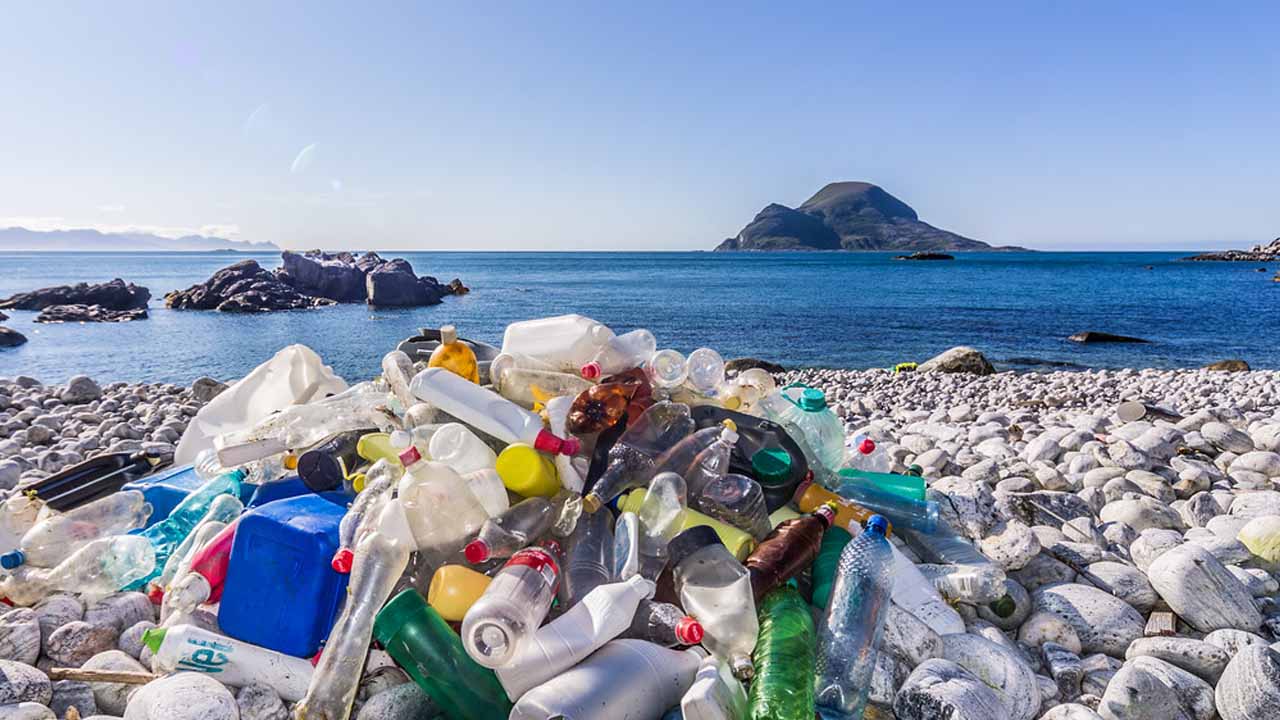A team of Argentine scientists that uses microorganisms native to Antarctica to eliminate hydrocarbon pollution added plastics to their research on the white continent, which would open a door to clean the seas of that material.
Antarctic bases use diesel as a source of energy to generate electricity and heat, but transport, storage and use cause sources of pollution unacceptable in a continent that must be kept pristine, according to the 1961 Madrid Protocol on environmental protection.
Dr Lucas Ruberto, a biochemist with a focus on biotechnology, in December travelled with other researchers to Carlini, one of the six permanent Argentine bases in Antarctica, after carrying out a previous quarantine to avoid bringing COVID-19 to the continent. As in other years, the team carried out bioremediation tasks, which involve cleaning the soil affected by diesel in Antarctica, taking advantage of the potential of indigenous microorganisms and plants, a technology that takes shape throughout the three months of the Antarctic campaign in the austral summer and it has a removal efficiency of 60 to 80%.
“The theoretical core of this work is, what it does is take advantage of the potential of native microorganisms, that is, bacteria and fungi that inhabit the Antarctic soil, even when it is contaminated, and make these microorganisms eat the hydrocarbon, which for us is a contaminant and for them it can be food,” Ruberto told Reuters from the base.
In this campaign, the team from the University of Buenos Aires, the Argentine Antarctic Institute and the Scientific Research Council (Conicet) added a project to investigate the degradation of plastics by Antarctic microorganisms, which could generate a relevant contribution given the environmental problem that they represent today.
Researchers are taking advantage of the concepts applied to hydrocarbons as a basis for the development of technologies linked to the degradation of plastics since both are polymers, molecules made up of long chains that mainly contain carbon and hydrogen.
“This year, we incorporated as one of the group’s projects, the search for indigenous microorganisms that are capable of degrading plastic,” said Nathalie Bernard, biochemist and specialist in plastic biodegradation.
The researchers collect samples of plastic submerged in the seas of Antarctica and in the laboratory identify the microorganisms that live in the community associated with the plastic to understand if they are eating it and, therefore, degrading it, or if they use it as a raft to float.
“If we find one that is actually degrading plastic, the next step would be to understand how, in the long term, to find a way to put together a biotechnological process for low-temperature polymer degradation,” Bernard added.
For scientists, working in Antarctica as representatives of Argentina, which has had a constant presence since 1904 and is the original signatory of the 1959 Antarctic Treaty, this is a privilege, she added.





























